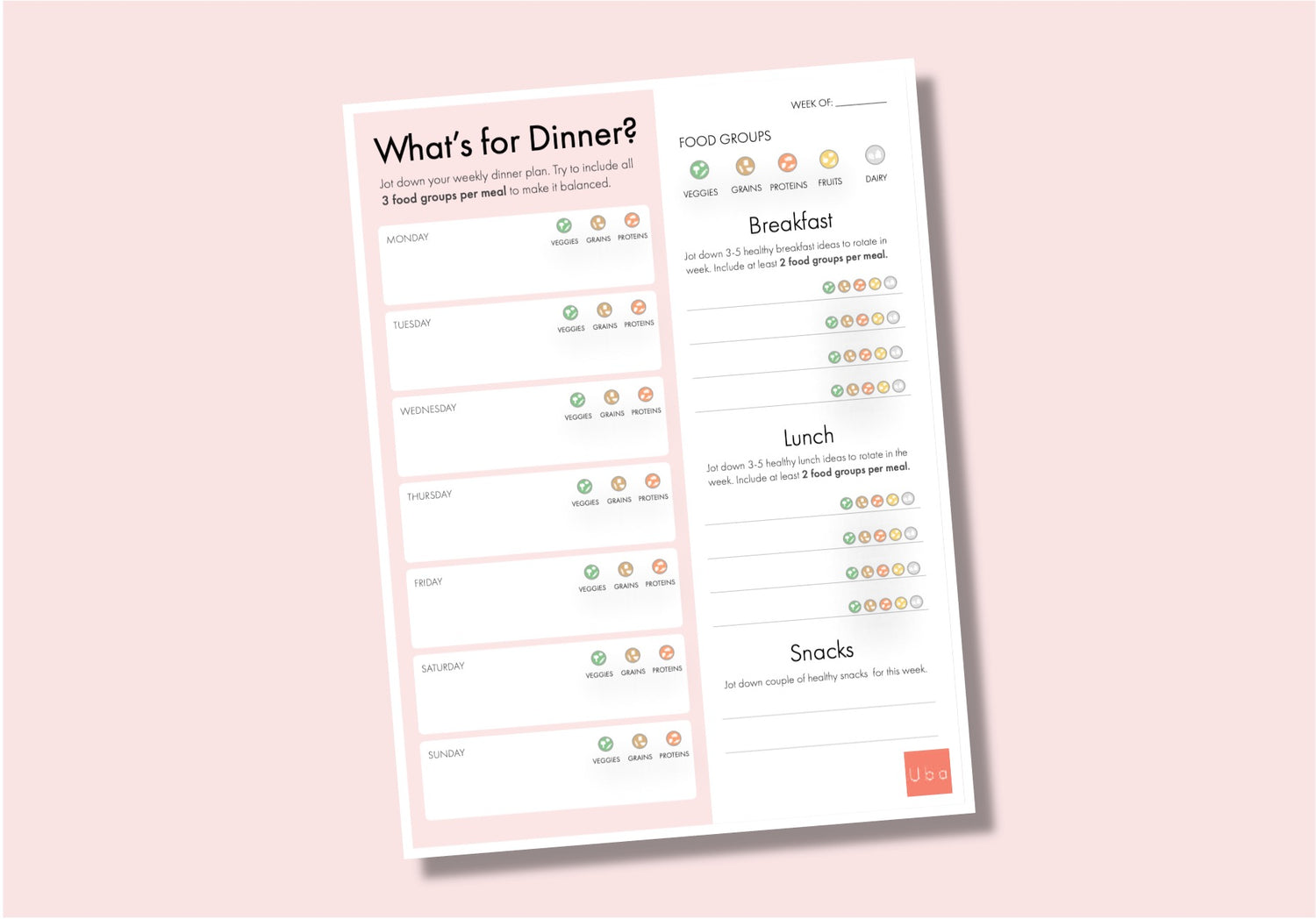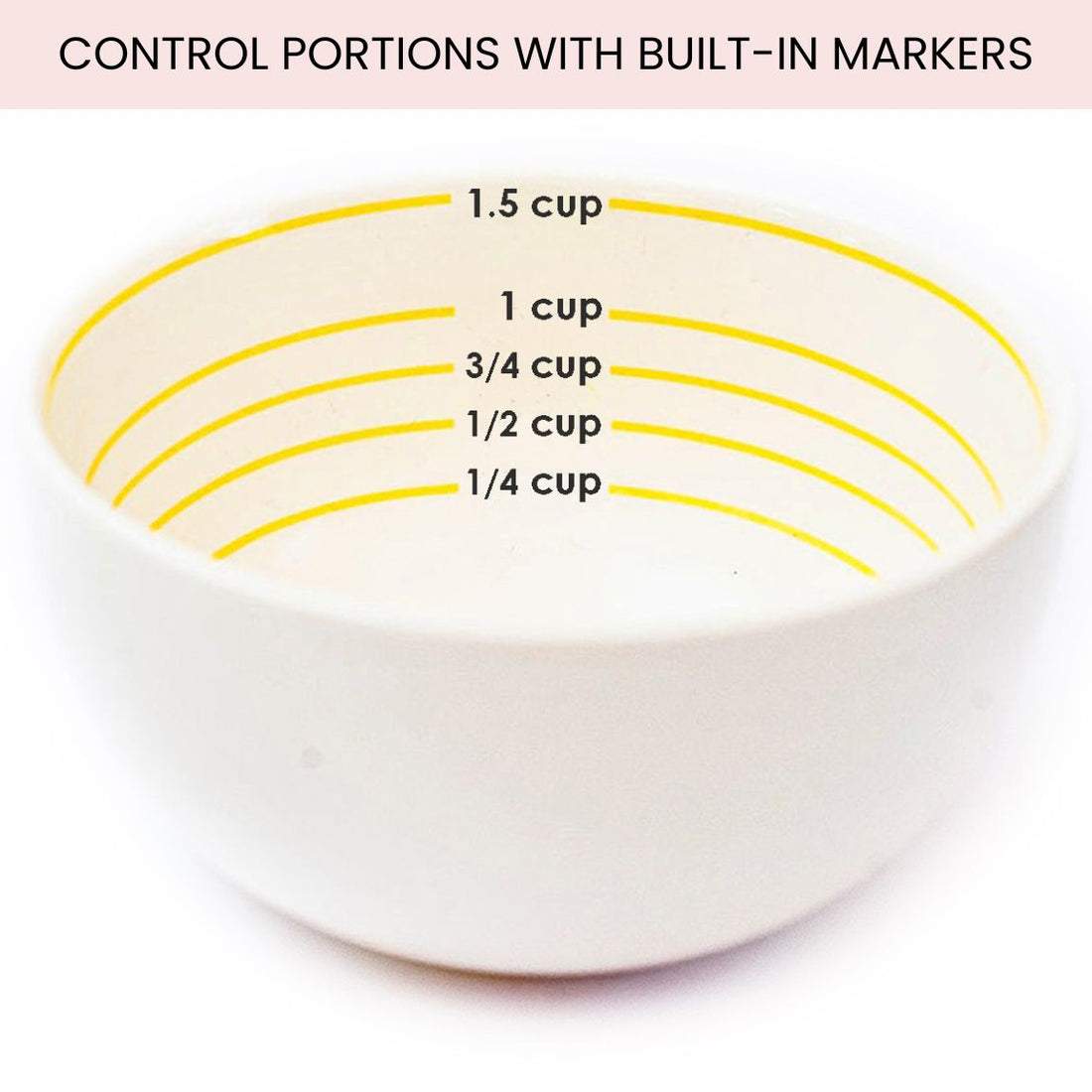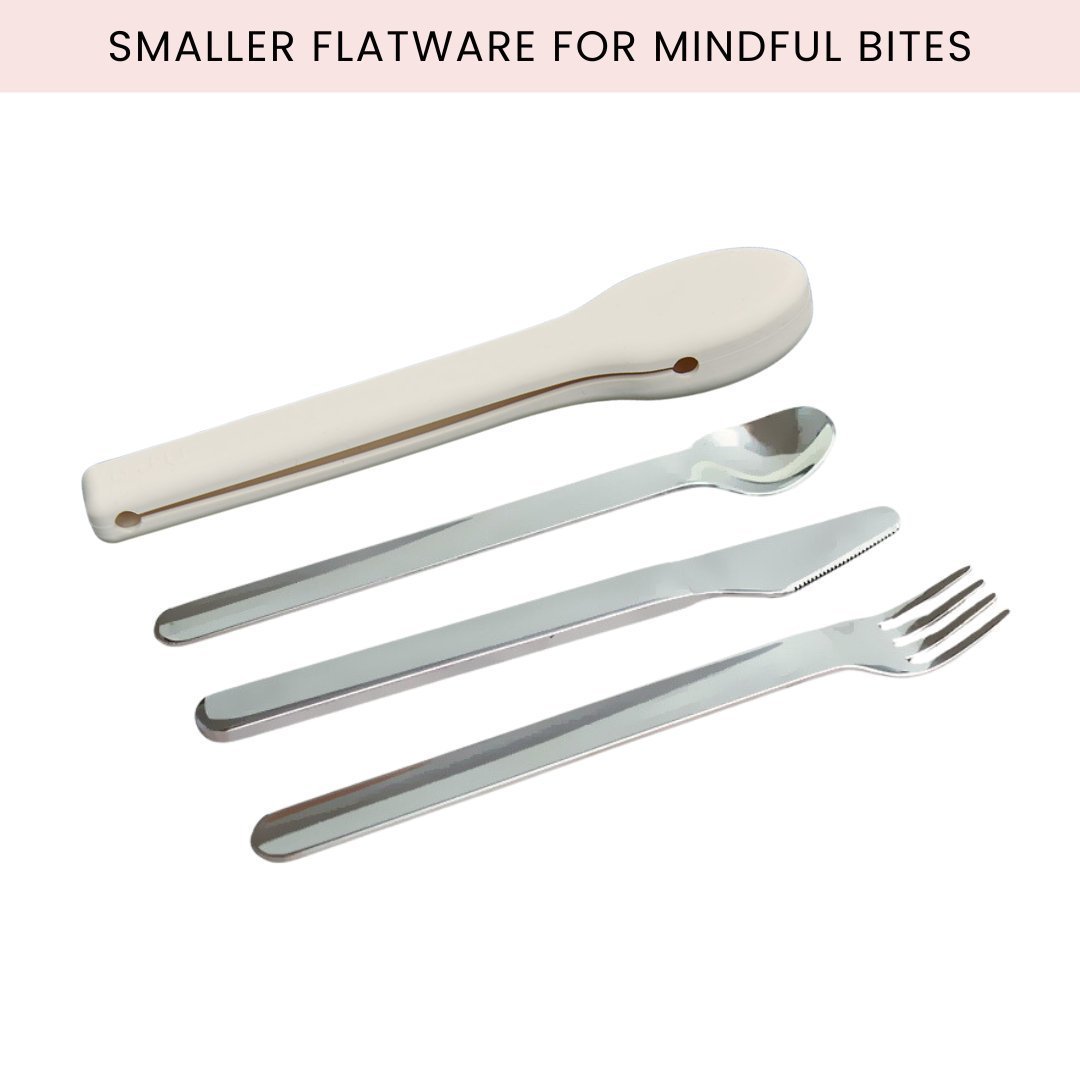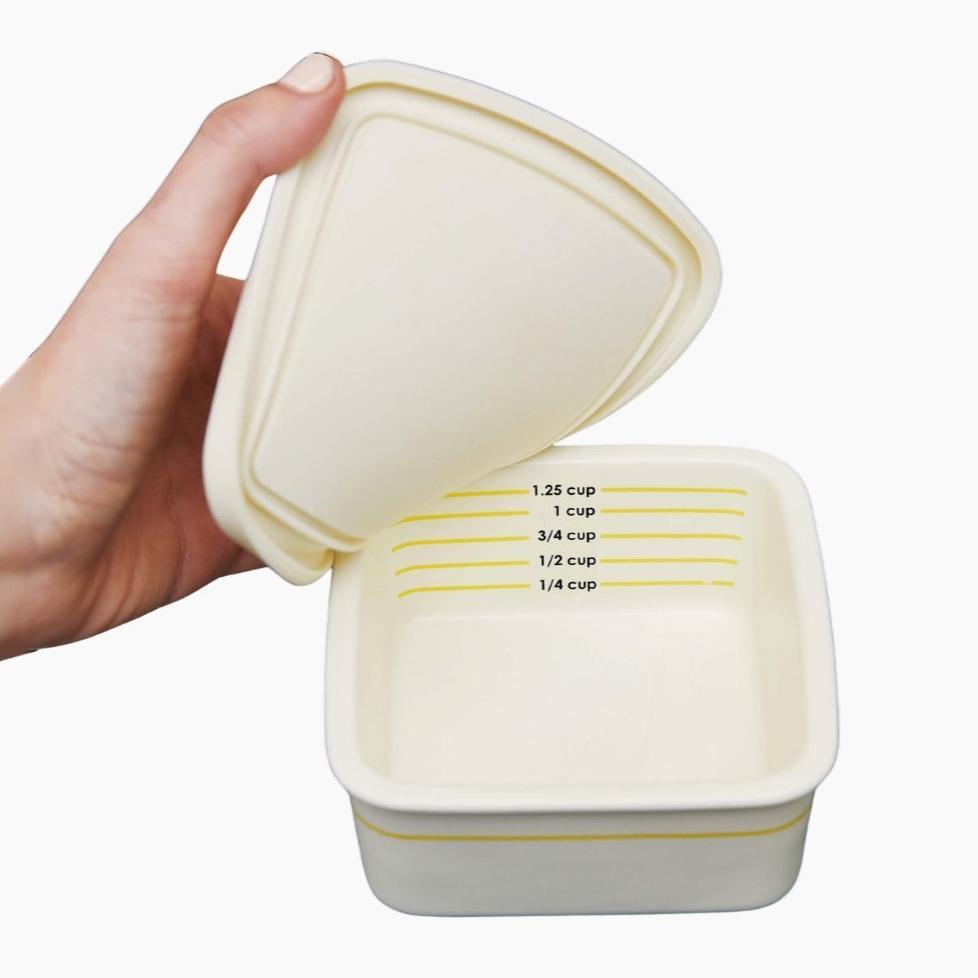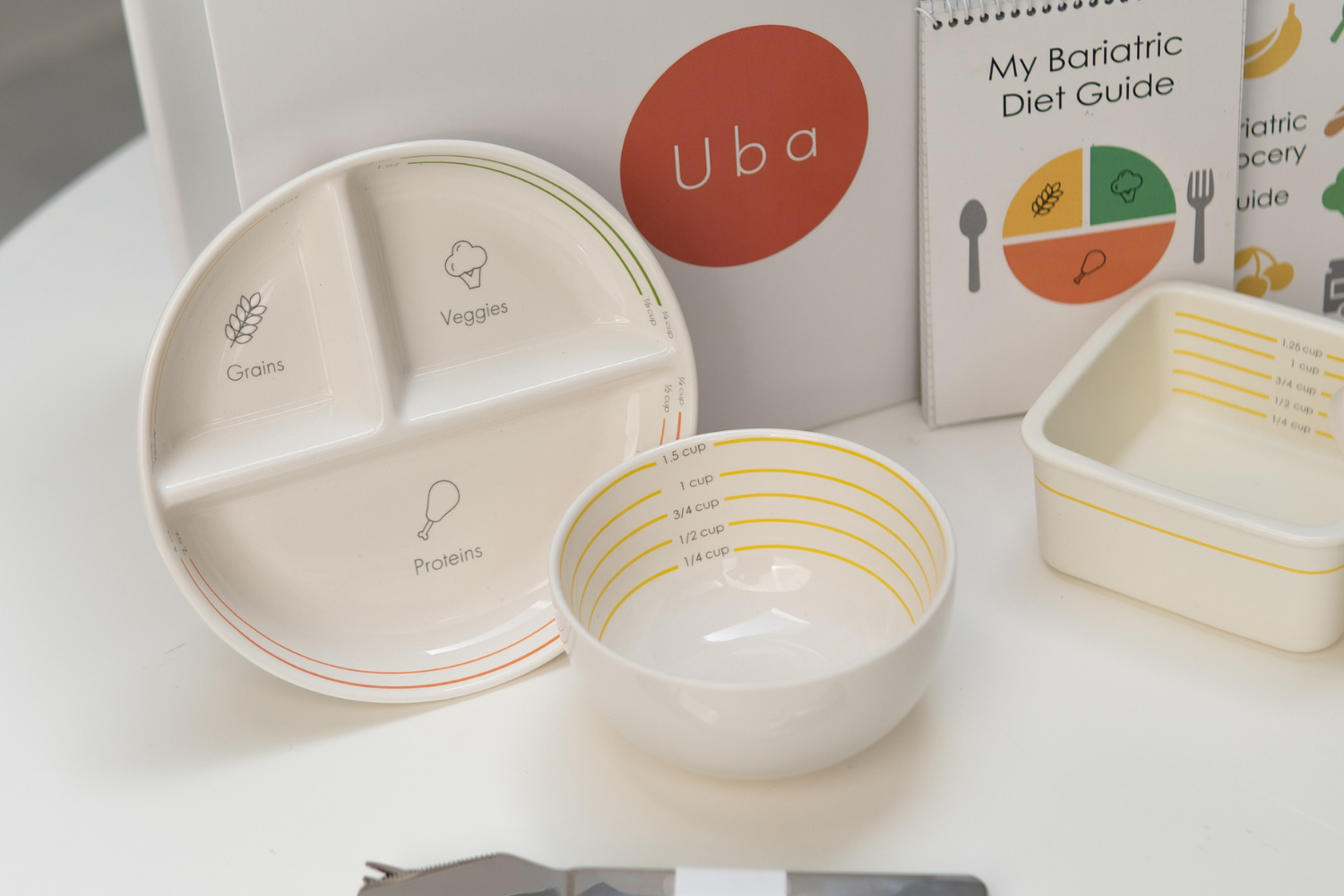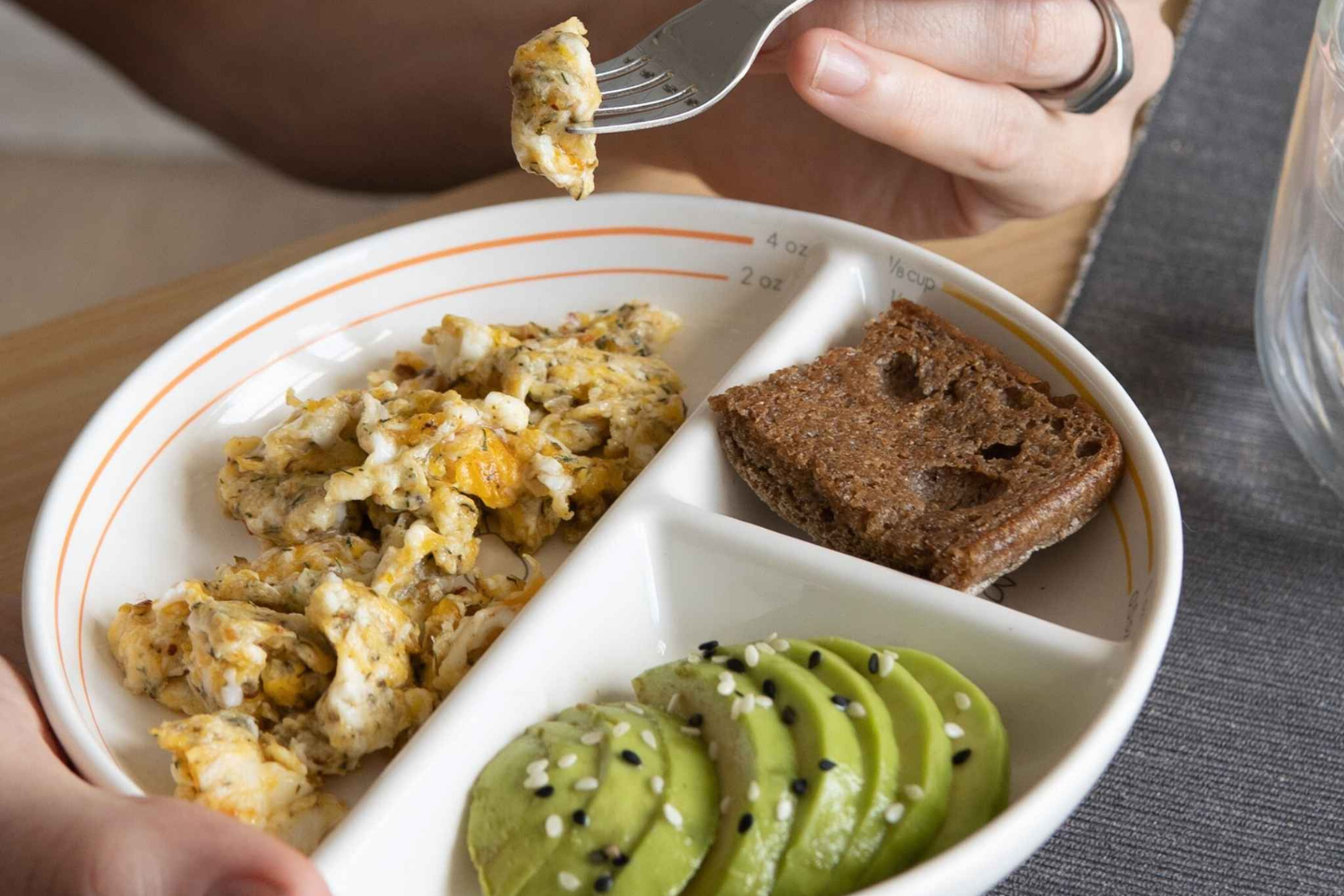What is the Gut-brain Axis?
The gut-brain axis is a bidirectional communication system between the gastrointestinal tract and the brain. It involves a complex network of nerves, hormones, and biochemical signaling that allows the gut and the brain to communicate with each other. This connection plays a crucial role in regulating various bodily functions, including digestion, metabolism, and even mood.
How are the Gut and Mood Related?
Research has shown that there is a strong link between gut health and mood. The gut is home to trillions of bacteria, collectively known as the gut microbiota. These bacteria play a vital role in maintaining a healthy gut and have a significant impact on our overall well-being, including our mental health.
Studies have found that imbalances in the gut microbiota, known as dysbiosis, can lead to various mental health disorders, such as anxiety and depression. This is because the gut microbiota produces neurotransmitters, such as serotonin and dopamine, which are essential for regulating mood. When the balance of these neurotransmitters is disrupted, it can negatively affect our mental health.
How Can We Start Taking Care of Our Gut Health?
Supporting a healthy gut is crucial for maintaining overall well-being and promoting good mental health. Here are some steps you can take to improve your gut health:
1. Eat a Healthy and Balanced Diet
A healthy and balanced diet is essential for maintaining a diverse and thriving gut microbiota. Include a variety of fruits, vegetables, whole grains, lean proteins, and healthy fats in your diet. Aim to eat the right quantity of food and ensure you include all three macronutrients: carbohydrates, proteins, and fats. This will provide the necessary nutrients for the growth and maintenance of a healthy gut microbiota.
2. Increase Fiber Intake
Fiber is a type of carbohydrate that cannot be digested by the human body. However, it serves as a source of food for the beneficial bacteria in the gut. By increasing your fiber intake, you can promote the growth of these beneficial bacteria and improve gut health. Good sources of fiber include fruits, vegetables, whole grains, legumes, and nuts. Learn more about the Mediterranean Diet here.
3. Limit Processed Foods and Added Sugars
Processed foods and added sugars can disrupt the balance of the gut microbiota and promote the growth of harmful bacteria. Limit your intake of processed foods, sugary snacks, and beverages to support a healthy gut.
4. Stay Hydrated
Drinking an adequate amount of water is essential for maintaining a healthy gut. Water helps in the digestion and absorption of nutrients, as well as the elimination of waste products. Aim to drink at least 8 cups of water per day. Uba's Hydration Water Bottle helps you do exactly that.
5. Manage Stress
Chronic stress can negatively impact gut health and disrupt the gut-brain axis. Find healthy ways to manage stress, such as practicing mindfulness, engaging in regular exercise, getting enough sleep, and seeking support from friends and family.
Conclusion
The gut-brain axis is a fascinating connection between the gut and the brain that influences our overall well-being, including our mood. By taking steps to support a healthy gut, such as eating a balanced diet, increasing fiber intake, and managing stress, we can improve our gut health and promote good mental health. Remember, a healthy gut is the foundation for a healthy mind!


